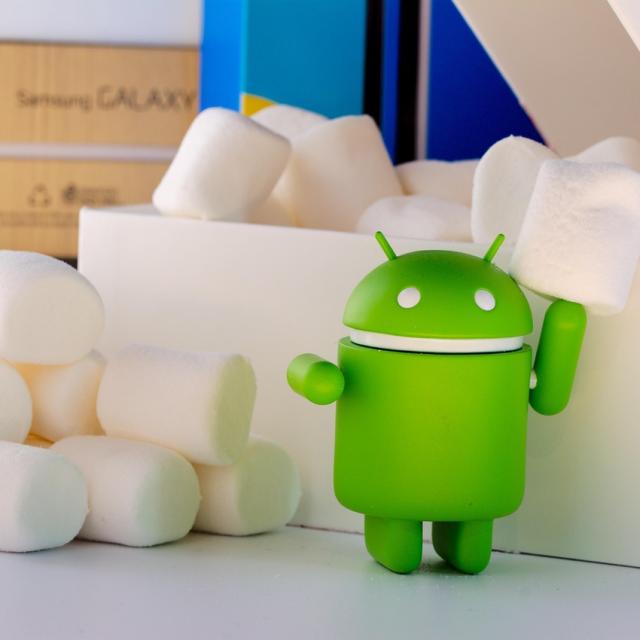
In an important antitrust case, a federal court in Washington ruled that Google should stop its exclusive contracts with manufacturers and platforms. At the same time, the American Justice Department (DOJ) was not the same in its requirement to have to divest Google’s Chrome-Browser or Android system.
The court ruled that Google had been guilty of illegally maintaining a monopoly position in the market for general searches and search advertisements. Although this liability had already been established – in August 2024 – the focus was now on the question of which measures are needed to repair competition.
For example, Google must share certain forms of data, such as search index data and user interaction data, with competitors and its exclusive distribution or pre-installation deals. This increases access to the market of rival search engines.
Mandatory sale
The DOJ wanted to continue: in previous proposals he even demanded mandatory sale of Chrome, and in some scenarios Android, as well as a ban on payments to partners to set Google as a standard search engine. The compulsory sharing of search data with competitors was also part of their plan.
However, the court found that these remedies were going too far. According to the ruling, there was insufficient evidence that a forced sale of Chrome or Android would be necessary to restore the competition. This made drastic intervention in the functioning of Google’s ecosystems, something that judges are historically reluctant to do with.
Limits
However, the new restrictions and obligation to data sharing are imposed for a period of six years, a compromise between ten years that the DOJ proposed and the three years that Google himself considered desirable. The court also rejected a proposed choice screen, where users could explicitly select their search engine, from the hand.
The reactions to the pronunciation are divided. Opponents such as Duckduckgo and Senator Amy Klobuchar think the measures imposed and fear that Google’s dominant position will be largely maintained. Proponents praise the restraint of the court and point out the risks of too heavy structural interventions, such as privacy violation or safety problems.
In appeal
Google himself reacted carefully optimistic. In a blog, the company emphasized that the rise of artificial intelligence already strengthens competition and that users voluntarily opt for Google. At the same time, it announced that it would challenge the ruling.
With this judgment, the court opts for a middle ground: Google’s monopoly is recognized and limited, but without the most radical measures that the DOJ had argued. Whether this approach is sufficient to fundamentally reform the market will become apparent as soon as the measures are applied in practice.